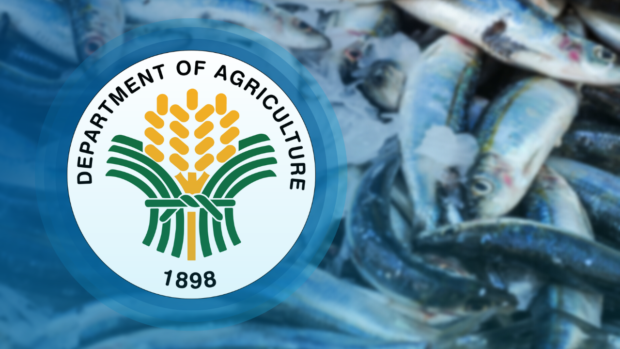
INQUIRER.net FILE PHOTO
MANILA, Philippines — Agriculture Undersecretary Kristine Evangelista maintained that the department’s Kadiwa maintains its function to help farmers and fisher brings their goods to the market.
Evangelista cited that more than a hundred thousand famers benefit from the services of Kadiwa, a marketing initiative of the Department of Agriculture, implemented through the Agribusiness and Marketing Assistance (AMAS).
“‘Yung mga farmers and fishers na are able to sell their produce through Kadiwa umaabot na sa 162,000 [Farmers and fishers who are able to sell their produce through Kadiwa now reached 162,000]… It’s a nationwide program with overall sales of P11 billion,” she pointed out.
She was reacting to claims that the Kadiwa program was not able to fulfill its mandate and even prevent product wastage.
“Of course there is much work to be done admittedly, that’s why we want to strengthen Kadiwa through grants,” explained Evangelista.
She also said Kadiwa is not just in the business of retail selling, but also helping in educating farmers to trade and package their goods for market linkage.
“We’re not only helping them look for a place to sell, we’re not only helping them look for the buyers, but we are also helping them to improve their income through trading capital, providing hauling trucks and packaging equipment para they will be ready for market linkage,” she said.
Evangelista also cited AMAS’ efforts to influence consumer preference such in the case of the shortage of white onions.
“Ngayon nagkukulang tayo sa white onion… we talk to consumer buyers na baka pwede kayong magshift to red onions kasi ‘yan ang locally produce natin. ‘Yan ang trabaho natin sa AMAS,” she said.
(Now we lack the supply of white onion… we talk to consumer buyers to shift to red onion because that is our local produce. That is what we do in AMAS.)
Regarding the overabundance of garlic in Batanes, Evangelista said efforts are already being made to connect the farmers to the institutional buyers.
“Nag-mobilize tayo ng [We have mobilized] institutional buyers, so we have restaurant owners at online sellers na bumili na sa Batanes,” she said.
Evangelista said Kadiwa is working in tandem with local government units to gather data needed to match the produce to the market.
“Kasi ang mga municipal agriculturist should be coordinating with our regional field offices para sa volume ng tinatanim ng kanilang farmers,” she said.
(Because our municipal agriculturist should be coordinating with out regional field offices so their farmers would know the volume of what they are planting.)
“With that data, if we have it on hand then we could find them a market. Pero as it is hindi naman nabibigay yan, pero [It is not being given, but] as soon as we get the data we’ll look for the market.”
RELATED STORY:
Kadiwa outlets eyed to augment food supply in metropolis